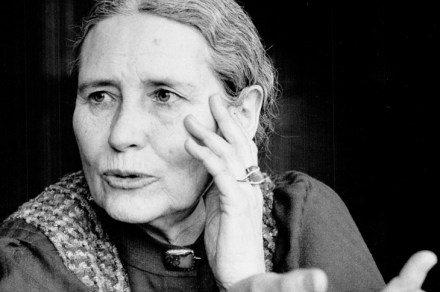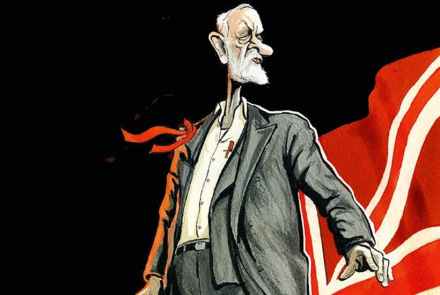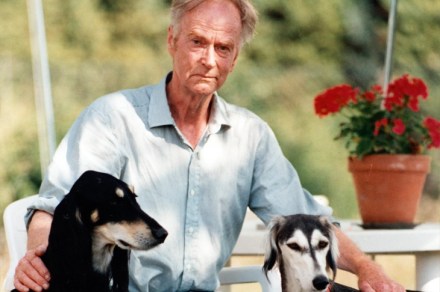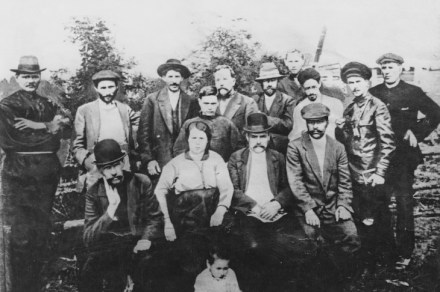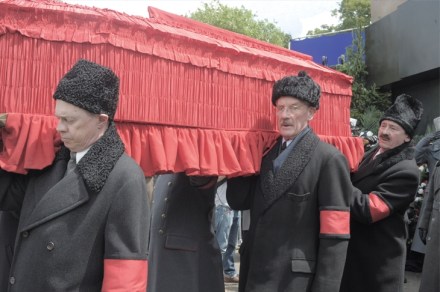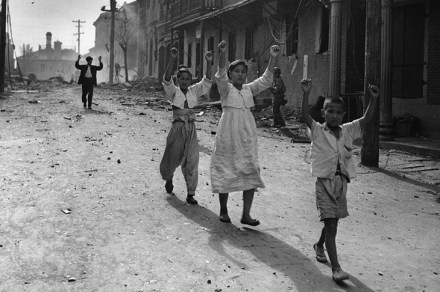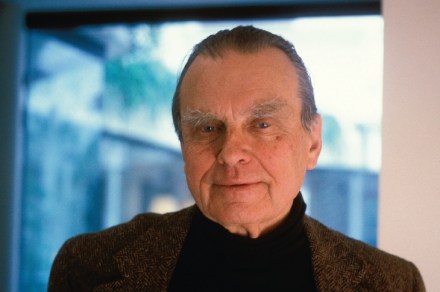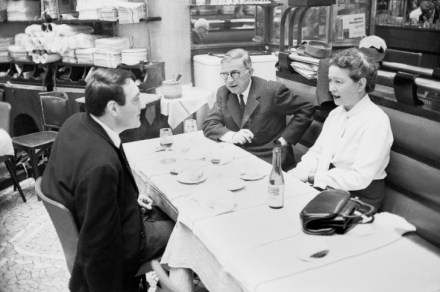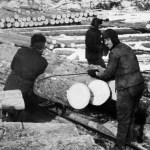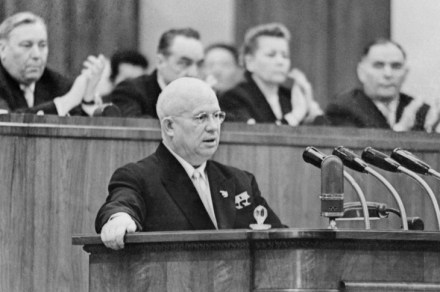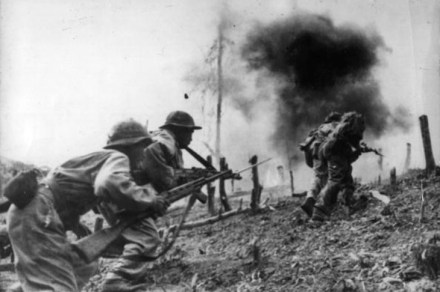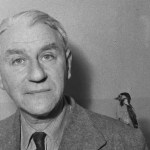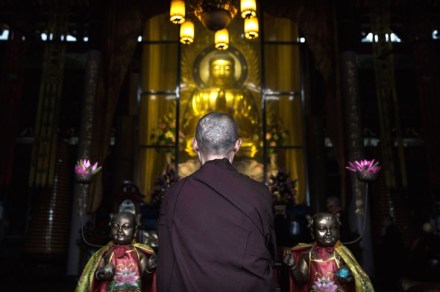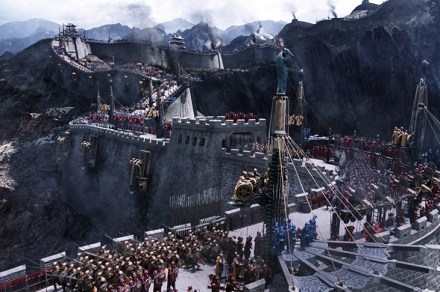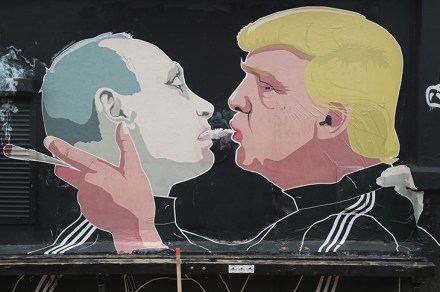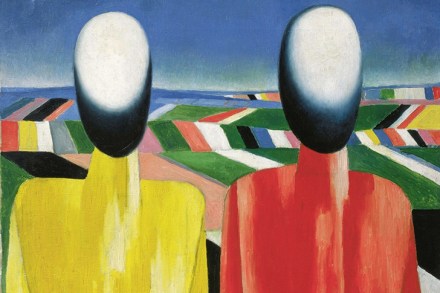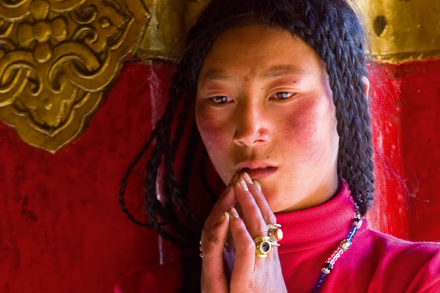Flitting from flower to flower
‘I am interested only in stretching myself, in living as fully as I can.’ Lara Feigel begins her thoughtful book with this assertion by Anna Wulf, the protagonist of Doris Lessing’s The Golden Notebook, and it rather sums up the whole endeavour of the volume. Feigel weaves close readings of Lessing’s prose, both fiction and non-fiction, with accounts of her own self-stretching. Feigel, an academic, had read Lessing as an undergraduate, but, returning to her in her thirties, she discovered in the books a stimulating discussion about ‘how as a woman to reconcile your need to be desired by men with your wish for sexual equality’. She is particularly interested
